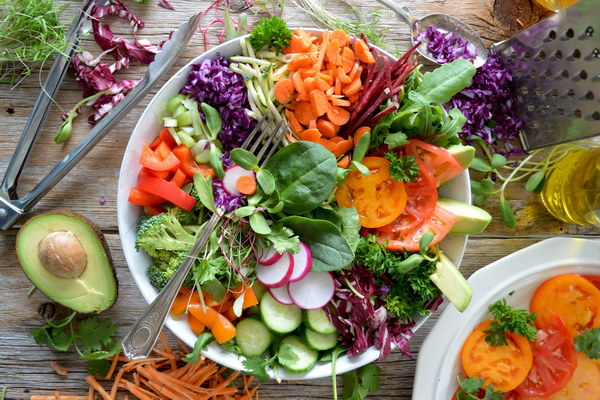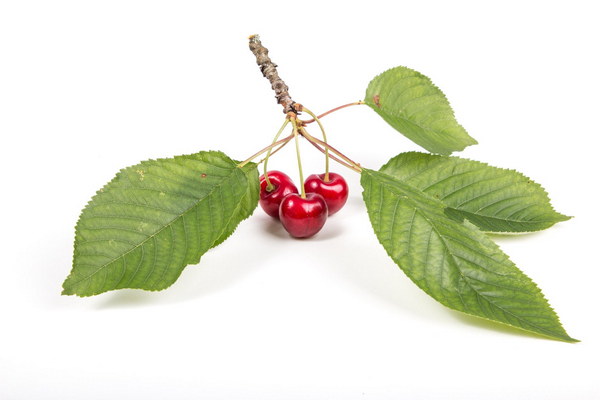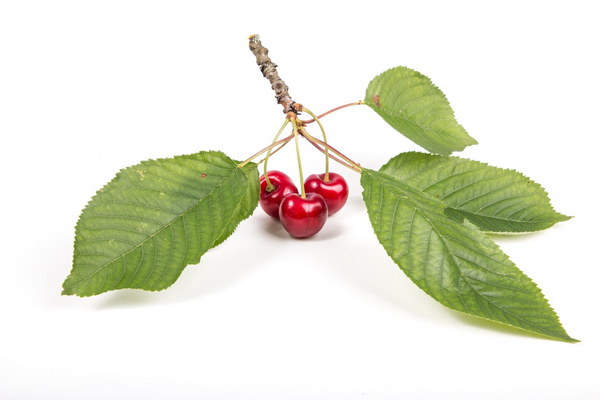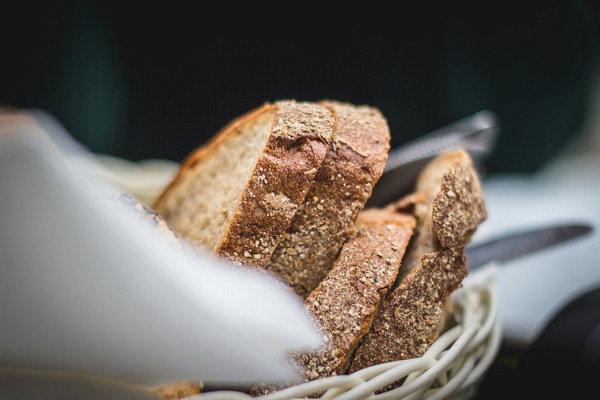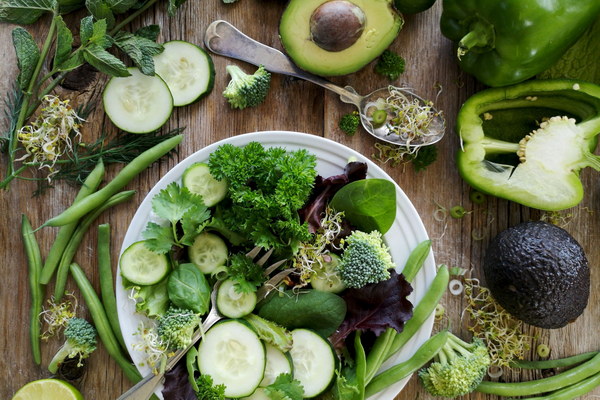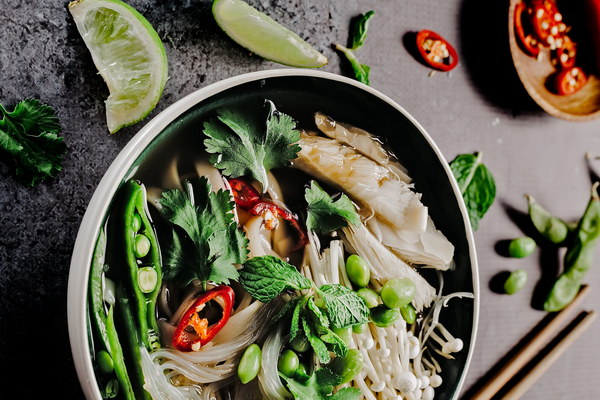Nourishing Kidney and Yin The Marvelous World of Traditional Chinese Herbal Remedies
In the intricate tapestry of traditional Chinese medicine, the concept of nourishing kidney and yin holds a special place. This ancient practice aims to restore balance to the body, particularly focusing on the kidneys and their corresponding element, yin. The kidneys, in Chinese medicine, are believed to be the root of life, governing growth, reproduction, and vitality. When the kidneys are depleted, it can lead to a host of issues, including fatigue, weakness, and even fertility problems. This is where the power of traditional Chinese herbal remedies comes into play.
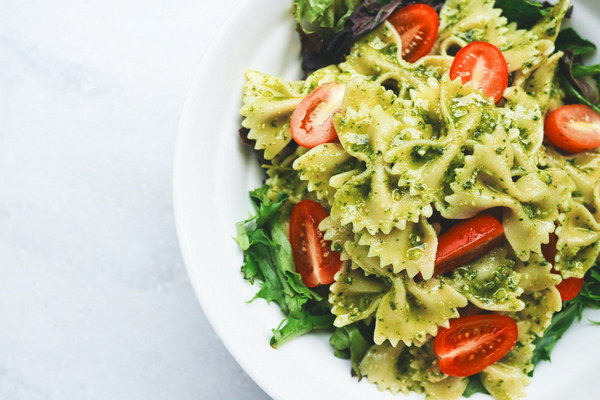
The kidney and yin are intricately connected, with yin representing the cooling, moistening, and replenishing aspects of the body. When yin is depleted, it can lead to conditions such as night sweats, hot flashes, and dryness. To combat this, Chinese herbalists have developed a variety of remedies that are designed to nourish kidney and yin, restoring balance and vitality.
One of the most well-known and widely used herbs in this category is Rehmannia, or Shu Di. This root is considered to be a powerhouse of nourishment, providing a deep and profound replenishing effect on the kidneys and yin. Rehmannia is often combined with other herbs to create a synergistic effect, such as Angelica Root (Dang Gui), which is known for its ability to invigorate the blood and improve circulation.
Another popular herb is Cordyceps, or Dong Chong Xia Cao, which is derived from a fungus that grows on the backs of caterpillars. Cordyceps is believed to enhance energy, stamina, and vitality, while also nourishing the kidneys and yin. It is particularly beneficial for those with kidney weakness or fatigue, as well as for athletes looking to improve their performance.
For those suffering from dryness and heat symptoms, such as night sweats or hot flashes, herbs like Peony Root ( Bai Shao) and Alisma Rhizome (Ze Xie) are often used. Peony Root is known for its cooling properties, while Alisma Rhizome helps to drain dampness and reduce heat.
In addition to these individual herbs, there are also several formulas that have been developed to nourish kidney and yin. One of the most famous is Six-Ingredient Formula, or Liu Wei Di Huang Wan. This formula includes Rehmannia, Angelica Root, Alisma Rhizome, Peony Root, and other herbs, all working together to nourish the kidneys and yin, and relieve symptoms such as fatigue, weakness, and hot flashes.
It's important to note that while these herbs and formulas can be incredibly beneficial, they should be used under the guidance of a qualified Chinese medicine practitioner. The practice of Chinese medicine is highly individualized, and what works for one person may not be suitable for another. A skilled practitioner will be able to assess your specific needs and create a customized treatment plan that addresses your unique constitution and imbalances.
In conclusion, the world of traditional Chinese herbal remedies for nourishing kidney and yin is vast and varied. From individual herbs like Rehmannia and Cordyceps, to complex formulas like Six-Ingredient Formula, these remedies offer a natural and holistic approach to restoring balance and vitality. By working with a qualified practitioner, you can tap into the power of these ancient remedies and experience the profound benefits they have to offer.
